Fiestas Patrias - Exploring Chile’s Independence Day
2025/08/20
Years of Culture
false
2025/08/20
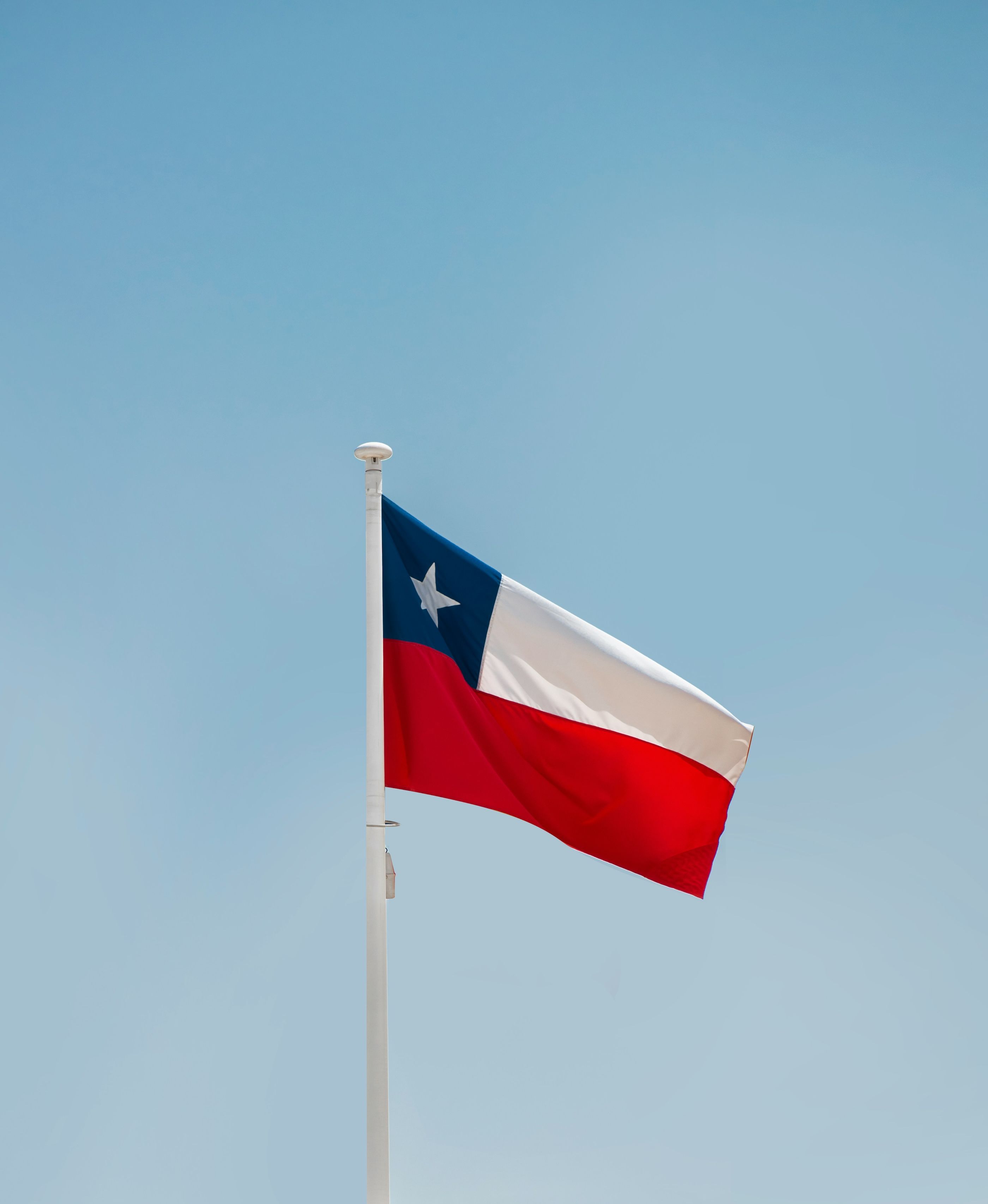
From colourful parades and patriotic music to delicious food, Chileans gather across the country on el Dieciocho to reflect on their nation’s past while celebrating its rich and diverse heritage.
In this article, we’ll explore the Chilean Independence Day history, traditions, and how the country continues to honour this pivotal chapter in its national story.
Chile officially celebrates its independence on 18th September each year. This date marks the formation of the First National Government Junta in 1810, widely considered the initial step towards independence from Spain.

While Chile did not formally declare independence until several years later, 18th September remains the most symbolic and widely celebrated date, much like a national birthday. The commemorations extend over several days, often including 19th September, known as the Day of the Glories of the Army, paying homage to Chile’s military.
Spanning over a decade, the Chilean War of Independence was marked by both triumphs and hardships.
Chile, like much of Latin America, was under Spanish colonial rule for centuries. In the early 19th century, influenced by Enlightenment ideals and revolutionary movements abroad, many Chileans began to desire greater autonomy and self-rule.
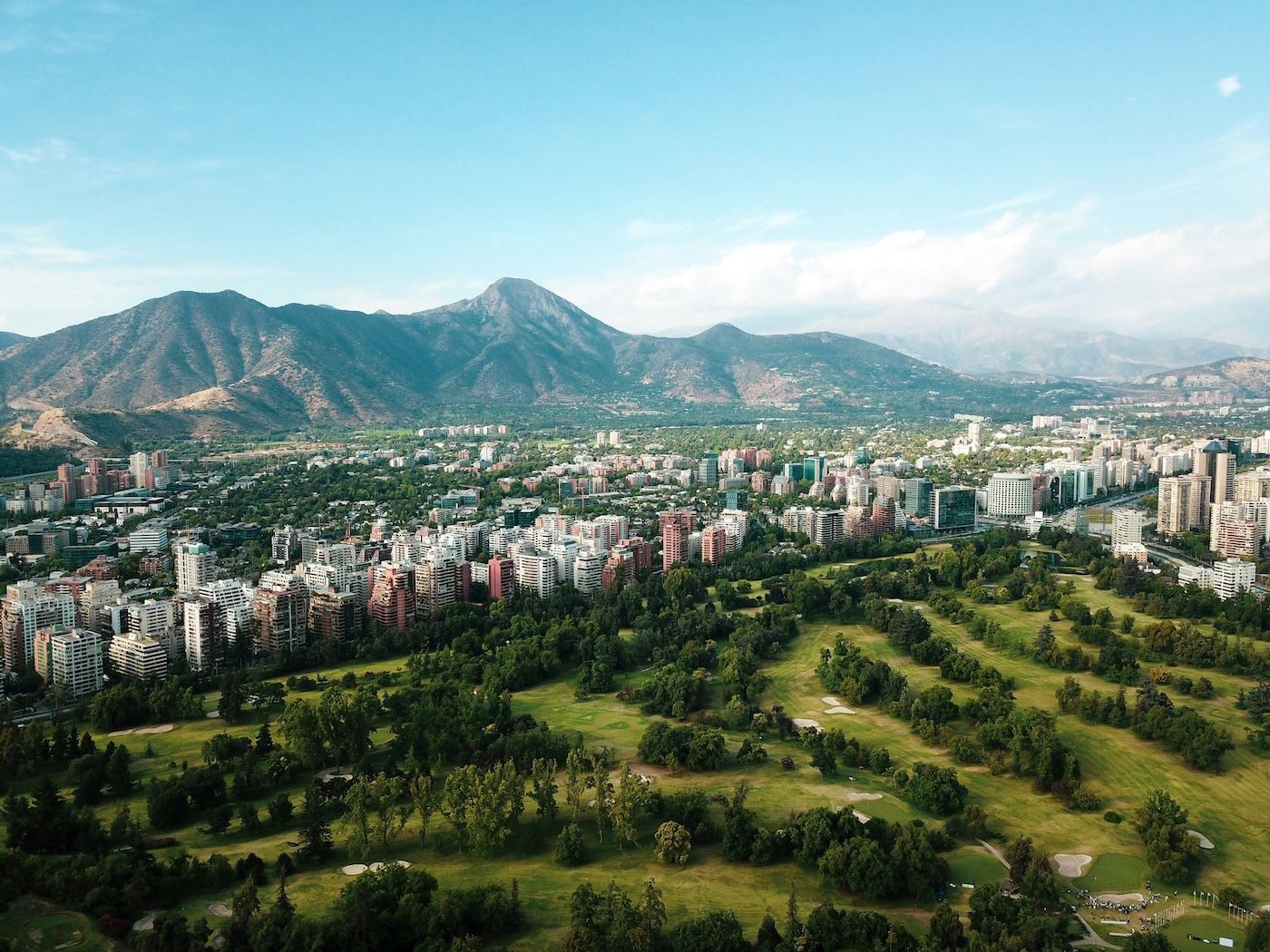
The Chilean War of Independence can be divided into three key phases:
This pivotal chapter in Chilean history began on 18 September 1810 with the formation of the First National Government Junta. Although the Junta initially pledged loyalty to the deposed Spanish king, Ferdinand VII, who had been imprisoned by Napoleon Bonaparte, it gradually shifted towards the goal of full independence. The period was marked by political experimentation, growing national sentiment, and the first military confrontations. It was during this time that key figures in the independence movement, such as José Miguel Carrera, began to rise to prominence.
In 1814, Spanish royalist forces regained control of Chile, ushering in a period of repression known as the Reconquista. During this time, many supporters of independence were imprisoned, exiled, or executed. However, the movement regrouped across the Andes in Argentina, under the leadership of Bernardo O’Higgins and José de San Martín.
The tide began to turn in 1817 with the daring Crossing of the Andes, a bold military campaign led by San Martín and O’Higgins. Their forces secured a decisive victory at the Battle of Chacabuco, enabling the patriots to reclaim Santiago.
Soon after, O’Higgins was appointed Supreme Director of Chile and began laying the foundations of a free republic. By 1826, the final royalist strongholds loyal to Spain had been defeated, firmly securing Chile’s independence.
Although 1810 marks the symbolic beginning, the Chilean Declaration of Independence was officially signed on 12th February 1818, solidifying Chile’s status as a sovereign nation. This day is commemorated historically, but it is the events of 18th September 1810, that hold the deepest cultural and emotional resonance for the Chilean people.
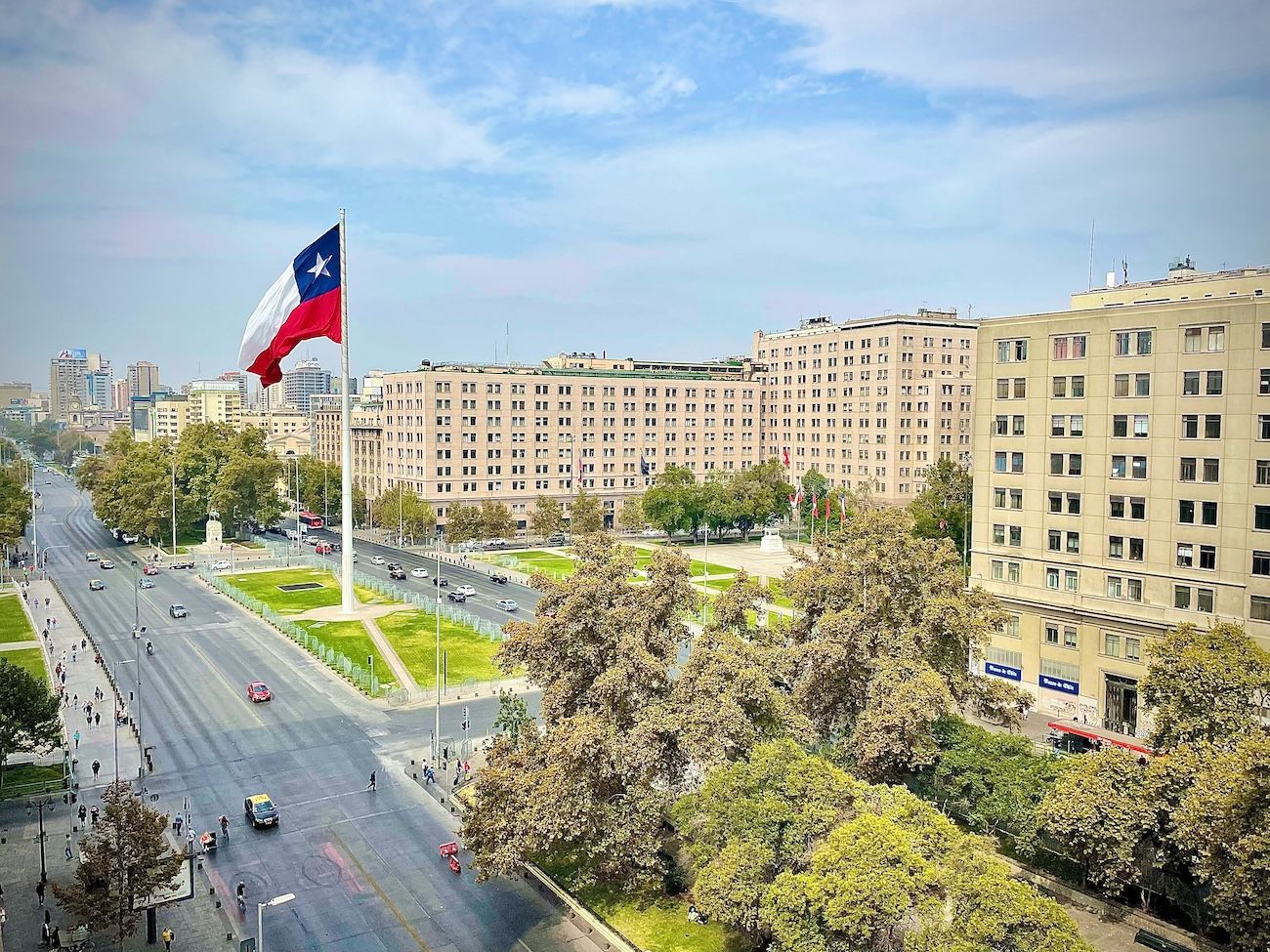
Today, Chilean Independence Day is one of the most eagerly anticipated events of the year. Schools close, businesses pause, and cities burst into celebration, with traditions passed down through generations that honour the country’s history and cultural identity.
Military and civic parades are a highlight of the festivities, especially the Gran Parada Militar in Santiago on 19th September.
Across the country, local communities set up fondas - lively, temporary venues offering traditional food, music, and dancing. Held in public parks, neighbourhoods, and even family homes, these gatherings bring people together in celebration. Fondas are a cornerstone of the Fiestas Patrias Chile, reflecting the nation’s deep-rooted national pride.
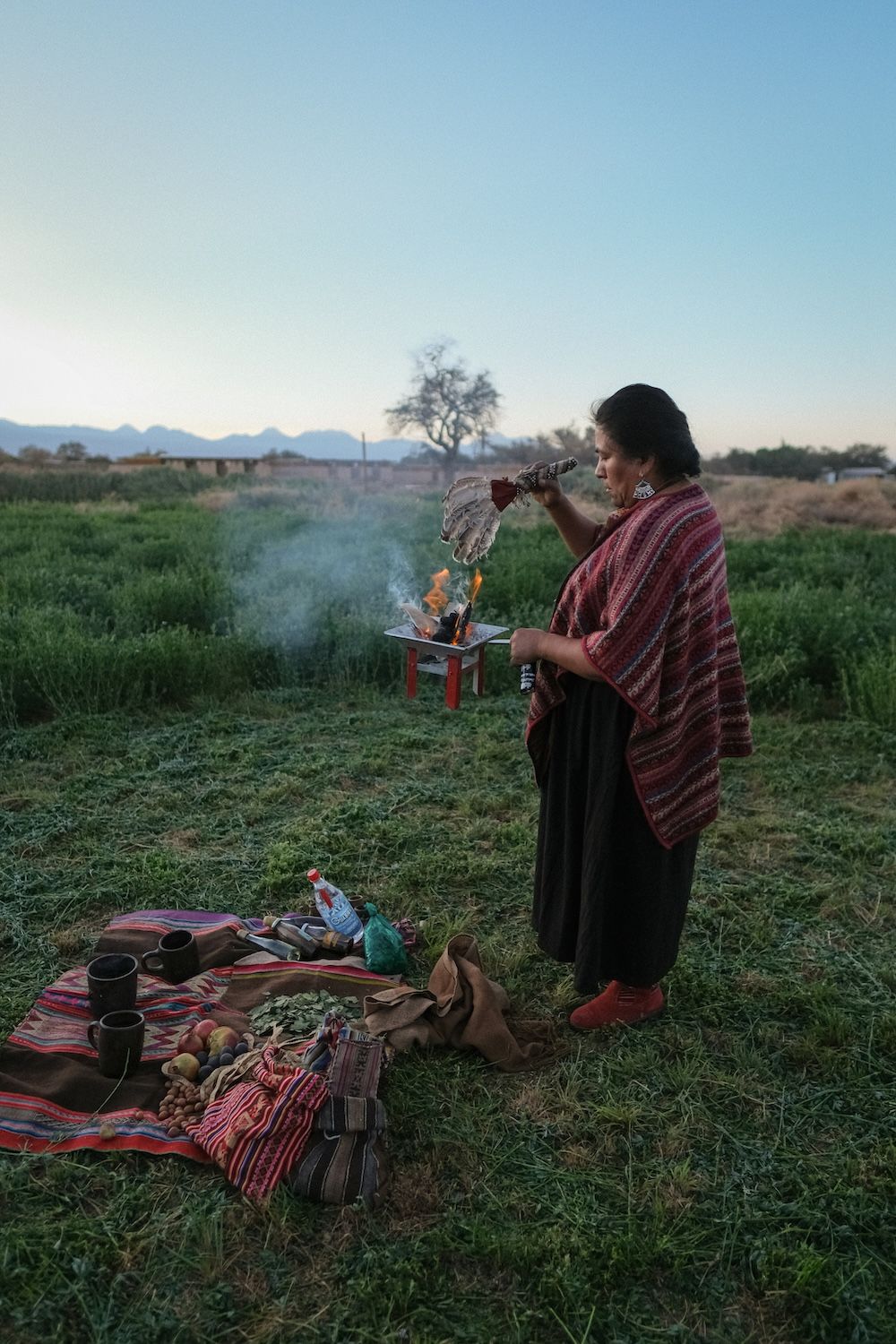
Food is at the heart of Chilean Independence Day celebrations. A traditional Chilean feast features a variety of beloved dishes, including:
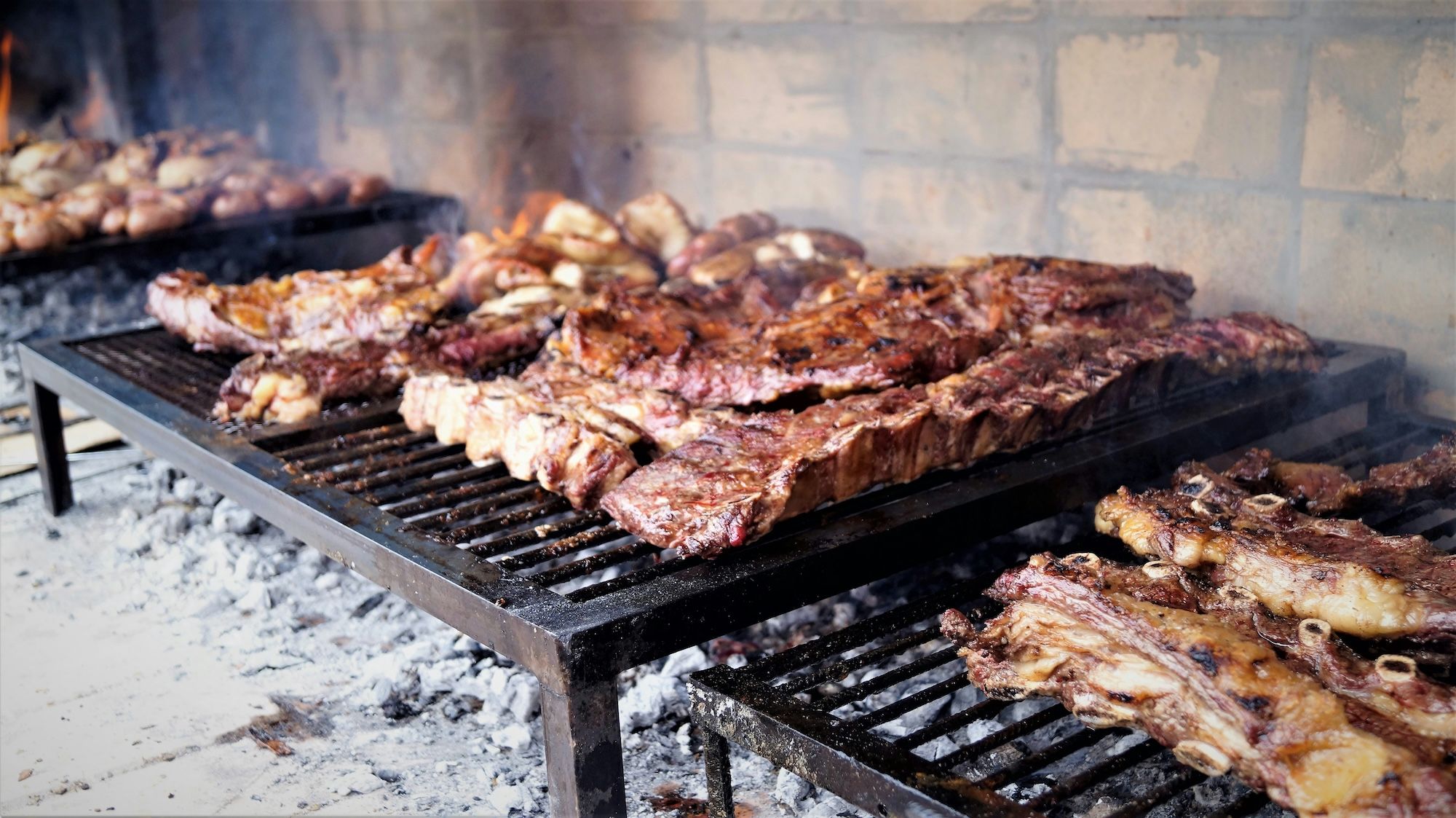
These dishes are just some of the popular staples enjoyed during the holiday, representing the rich and diverse culinary heritage that defines Fiestas Patrias in Chile.
No celebration is complete without music and dancing. The national dance, the cueca, is performed across Chile, often by dancers in traditional huaso (Chilean cowboy) attire. The sound of folk music, the energy of live bands, and enthusiastic cueca competitions fill the air with joy, epitomising Chile’s rich artistic heritage.
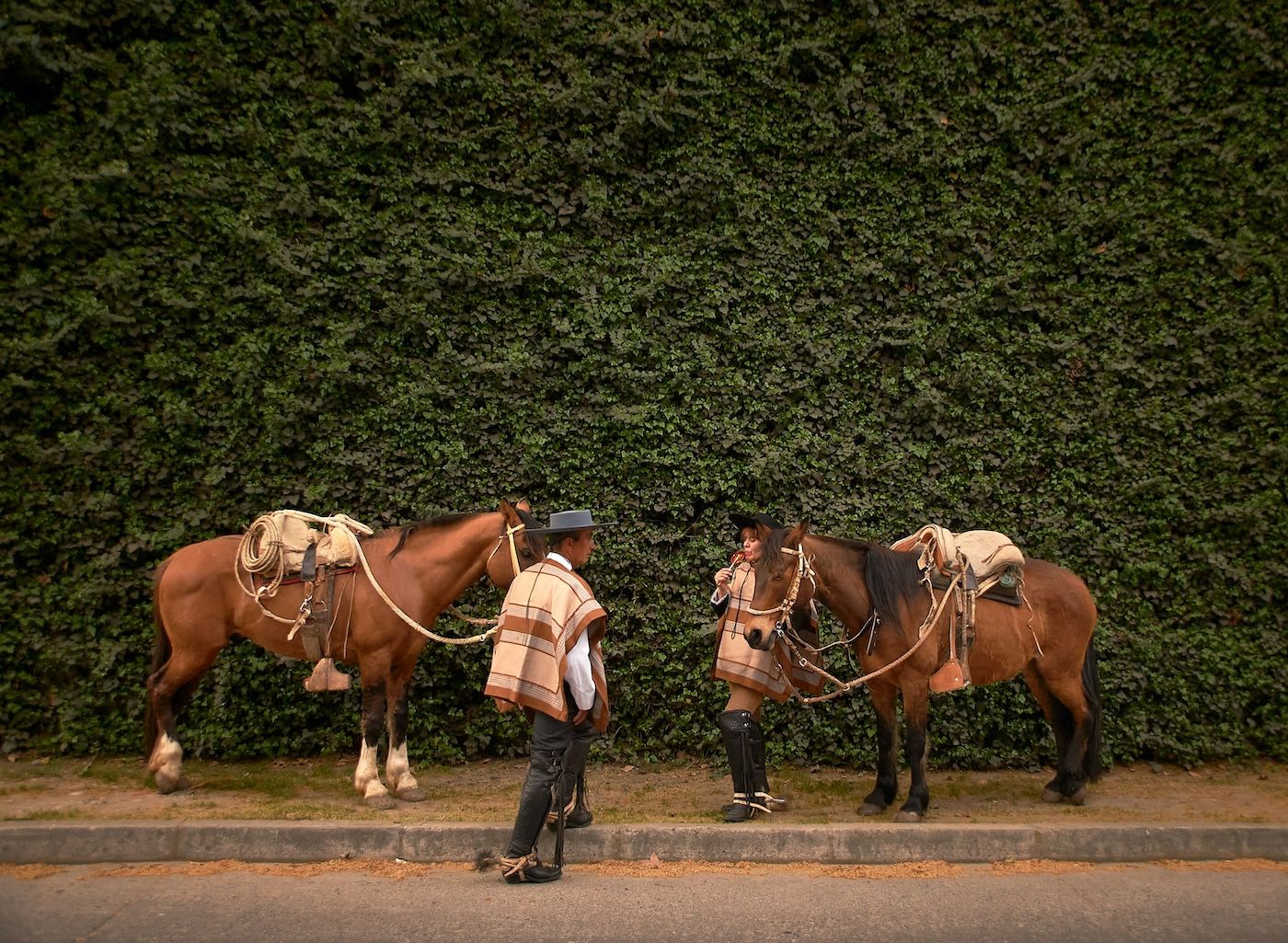
From its revolutionary beginnings to the colourful traditions of today, Chilean Independence Day remains a powerful symbol of freedom and identity. Whether through traditional foods, music and dance, or shared moments with family and friends, the spirit of Chile’s independence continues to resonate across generations.
As Chile’s rich heritage is honoured around the world, the ongoing Qatar, Argentina and Chile 2025 Year of Cultureoffers a meaningful opportunity to share stories, connect communities, and celebrate the cultural threads that unite us.
Find out more about upcoming events in Qatar and beyond that celebrate Chilean culture as part of Qatar, Argentina and Chile 2025.